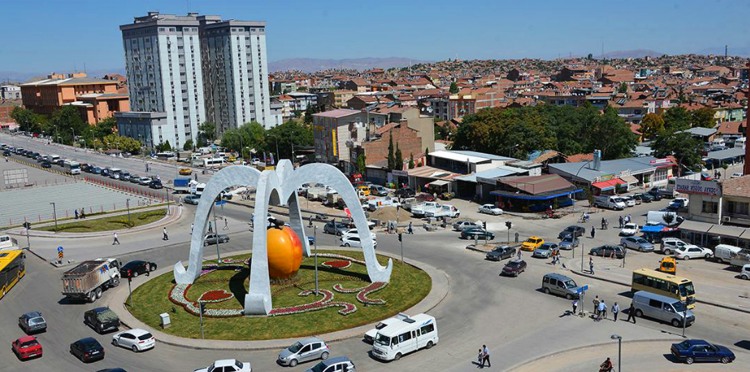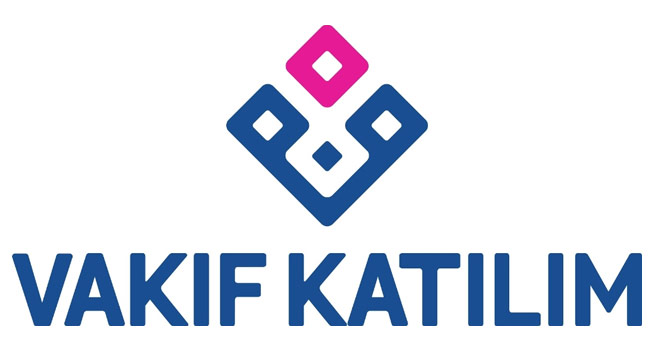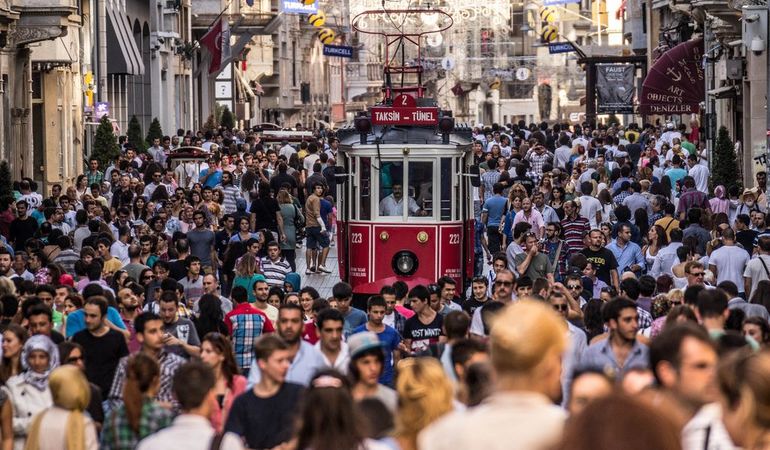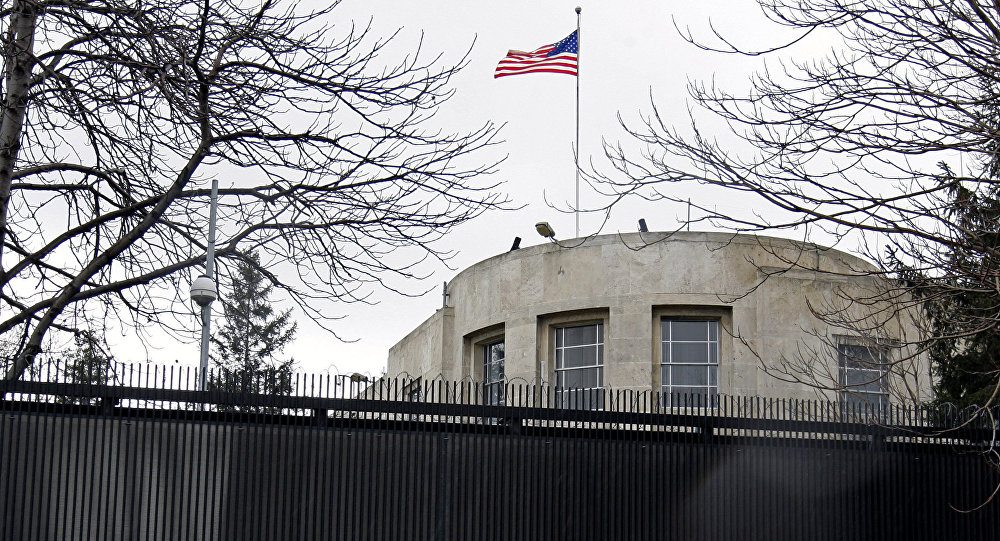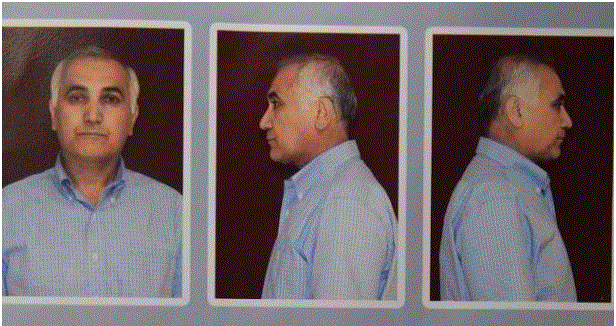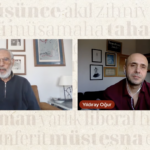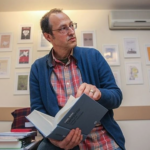I trace it back to February 1990, when Aum stood for election in the Lower House of the Japanese Diet. Asahara was running in Shibuya Ward, the Tokyo district where I was living at the time…. When I saw this election campaign, my first reaction was to look away. It was one of the last things I wanted to see. Others around me showed the same response: they simply walked by pretending not to see the cultists. … Why, then, did I automatically avert my eyes from the Aum campaigners? What was it that disturbed me? My conjecture is this. The Aum “phenomenon” disturbs precisely because it is not someone else’s affair. It shows a distorted image of ourselves in a manner none of us could have foreseen. (1)
Ever since I read Haruki Murakami’s 1Q84 when its English-language edition became available in late 2011, events in Turkey have repeatedly pushed me to return to what that massive novel reveals about the nature of modern cults. As I explained in a Serbestiyet article last year (2), the plot revolves around a cult that is far more than just a religious sect. The cult, called Sakigake, is focused on a single leader, justifies its actions through a combination of religious and political beliefs, and resorts to coercion or violence when necessary. The cult has also exerted its influence in the civilian sphere, especially focusing on politics and the economy.
In fact, even though at the time I compared the essential situation inside Sakigake to the situation inside the PKK, on the whole Fethullah Gülen’s organization is s more precise counterpart. When I first read 1Q84 five years ago, it was blatantly obvious to me that Hizmet was a Turkish version of Sakigake, but I didn’t think that Gülen’s cult had the same propensity for violence. The intervening years have shown that I was mistaken.
Today, Turkish society is grappling with what Gülen’s organization means. It is clear that, at the very least, hundreds of thousands of people have had some sort of involvement with this network. The judiciary and the government are trying to cope with determining to what extent each individual was involved — and as Yıldıray Oğur has explained, the spectrum of involvement was truly expansive (3). This implies that Gülen’s cult had, over forty years, extended its reach into nearly every nook and cranny of Turkish society. The problem is immense.
So one question (among many others) that has to be answered is why Gülen was able to use Turkish society so efficiently for his own ends. At least one of the reasons is the non-democratic, non-transparent nature of the state institutions that Gülen was able to infiltrate. But Gülenists were also widespread in civil society, and that’s probably where his most important financial resources were.
I’ve already mentioned my own experience with a cram school that was apparently connected to Gülen, and the manner in which his network was already extending to the U.S. as early as fifteen years ago. So I should also explain what I know about how his network expanded at home, in Turkish society.
Even before the last several years of political upheaval in Turkey, a close friend of mine had already told me how Gülen’s organization had tried to recruit him when he was in middle school during the mid-1980s.
My friend grew up in Malatya, a city in south-central Anatolia, and in middle school he was academically a top performer. Subsequently, Gülen’s teachers at his school identified him as a talented person, and they began to approach him in order to get him to attend their study sessions. At that point Gülen did not yet have his own network of cram schools, so instead the study sessions were held at private student dormitories run by Gülen’s adherents.
Thanks to those sessions, my friend did achieve a high score on the nationwide entrance examination for elite high schools. But as soon as his score became known, Gülenist teachers began to pressure him to enter a military high school even though he wanted to go to a science high school. By continually avoiding the teachers he knew to be Gülenists, he circumvented their pressure and continued on his chosen path.
Eventually, my friend would gain entrance to the prestigious Middle East Technical University (METU), Turkey’s premier science university. According to him, even at that time Gülen’s people had a strong presence at METU, and most students just who belonged to Gülen’s organization. This meant that he also had to avoid certain people while at METU in order to evade their pressure to join their activities. That was in the late-1980s and early-1990s.
My friend’s explanation, as I learned later, corroborates in detail the stories of others who have come forward to explain how Gülen was recruiting potential adherents in Anatolia. Starting with grade school or middle school, Gülenists working as teachers were spotting pupils with ability, and then trying to entice them into study groups preparing for various state exams. From that point, they would be brought deeper and deeper into the organization’s networks, and then pressure would be put on them to go into the professional roles that the organization’s local leadership thought would be useful. The range of motivations that people would have for integrating into the movement is easy to see: self-interest, religious beliefs, a sense of belonging, feeling grateful etc. One should also bear in mind that Gülen’s people were mostly targeting the lower- and middle-classes of Turkish society.
Now imagine the extent to which an organization can recruit members through this method over a period of thirty years or more. At that point one begins to understand how large Gülen’s network may be, especially if you remember Turkey’s domestic population is 80 million, with several millions living in other countries.
NOTES
(1) Haruki Murakami, Underground: The Tokyo Gas Attack and the Japanese Psyche (Vintage Books, 2003), p. 198.
(2) https://serbestiyet.com/yazarlar/adam-mcconnel/the-pkk-in-1q84-169893
(3) https://serbestiyet.com/yazarlar/yildiray-ogur/at-izini-kaybetmemek-icin-720604
Yazıyı beğendiysen, patronumuz olur musun?
Evet, çok ciddi bir teklif bu. Patronumuz yok. Sahibimiz kar amacı gütmeyen bir dernek. Bizi okuyorsan, memnunsan ve devam etmesini istiyorsan, artık boş olan patron koltuğuna geçmen lazım.
Serbestiyet; Türkiye'nin gri alanı. Siyah ve beyazlar içinde bu gri alanı korumalıyız. Herkese bir gün gri alanlar lazım olur.




